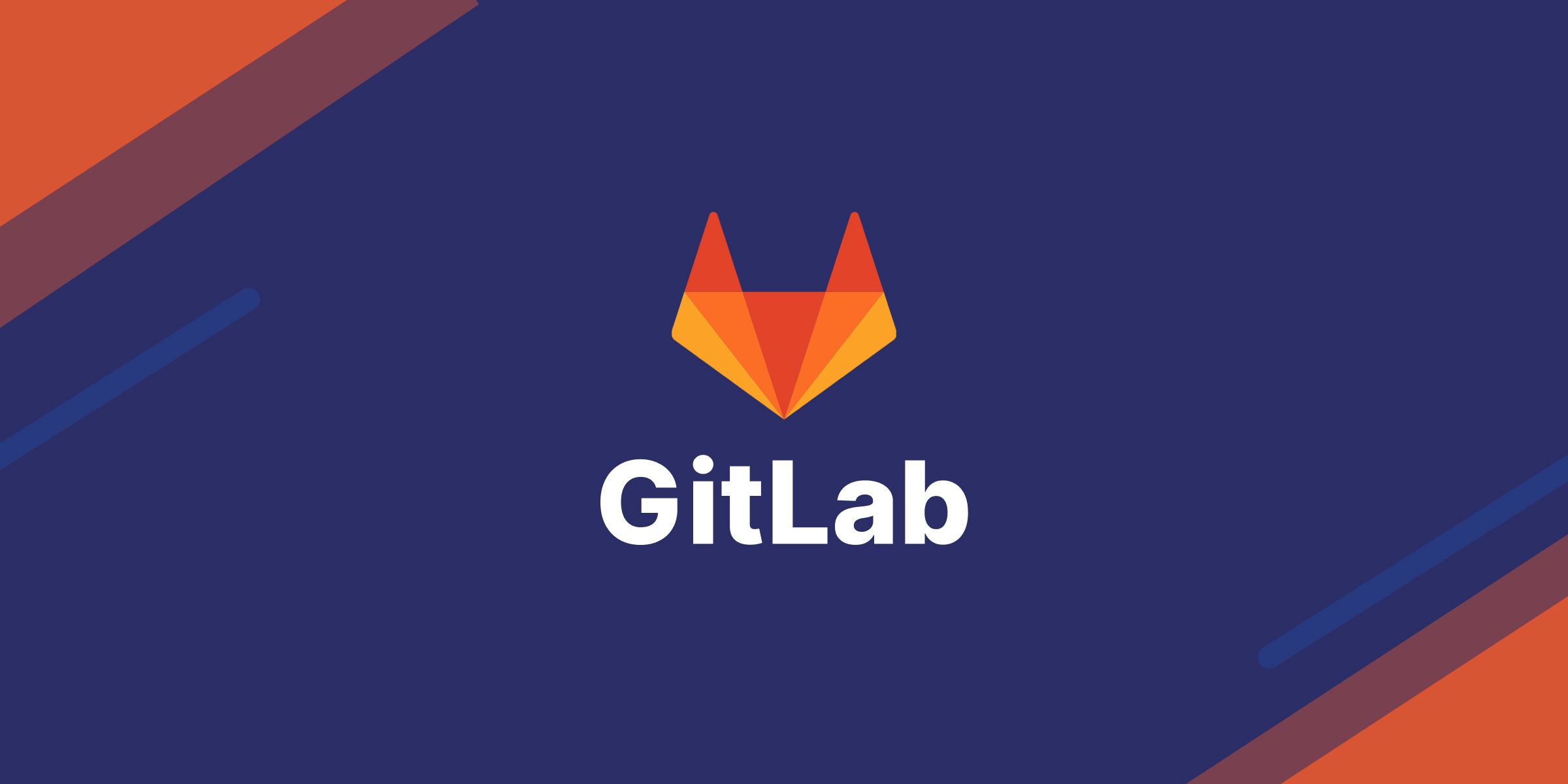GitLab & It’s Advantages

What is GitLab?
GitLab provides end-to-end DevOps capabilities for each stage of the software development lifecycle. Its continuous integration (CI) capabilities enable development teams to automate building and testing their code. Security features are seamlessly integrated, with scan results presented within the native CI pipeline/workflow. Additionally, GitLab offers a comprehensive dashboard for vulnerability management, catering to the needs of security professionals.

Major Advantages of GitLab:
-
Streamlined Contribution to Open Source Projects: GitLab simplifies contributing to open-source projects. While many projects use GitHub, GitLab offers similar functionality, particularly for open-source projects. It includes a wiki and issue tracker, facilitating in-depth documentation and feedback gathering. Contributing is straightforward - fork a project, make changes, and submit a pull request via the GitLab interface.
-
Enhanced Profile Showcase: GitLab provides an excellent platform to showcase your work. Many companies now look into GitLab profiles when scouting for talent. A strong profile can significantly enhance your chances of recruitment, irrespective of your educational background.
-
Markdown Support: Markdown simplifies document formatting using a plain text editor. GitLab leverages Markdown extensively, from issue tracking to user comments, making writing more accessible. This feature reduces the need to learn additional systems for content input.
-
Documentation Excellence: By utilizing GitLab, you ensure excellent documentation for your projects. GitLab's help section and guides cover a wide range of topics related to Git, facilitating comprehensive documentation creation.
-
Integration Flexibility: GitLab offers integration with various platforms and services, including Amazon and Google Cloud, as well as tools like Code Climate for feedback tracking. It supports syntax highlighting for over 200 programming languages, enhancing workflow efficiency.
-
Efficient Change Tracking: Collaboration often results in numerous code revisions, making it challenging to track changes. GitLab addresses this issue by meticulously tracking all changes pushed to the repository. Similar to document collaboration tools like Microsoft Word or Google Drive, GitLab provides a version history, ensuring previous iterations are preserved.
-
Public Exposure: GitLab serves as a repository, facilitating visibility for your work. Being one of the largest coding communities, GitLab offers wide exposure for projects, attracting potential contributors and users.
Consult us for free?
View More


